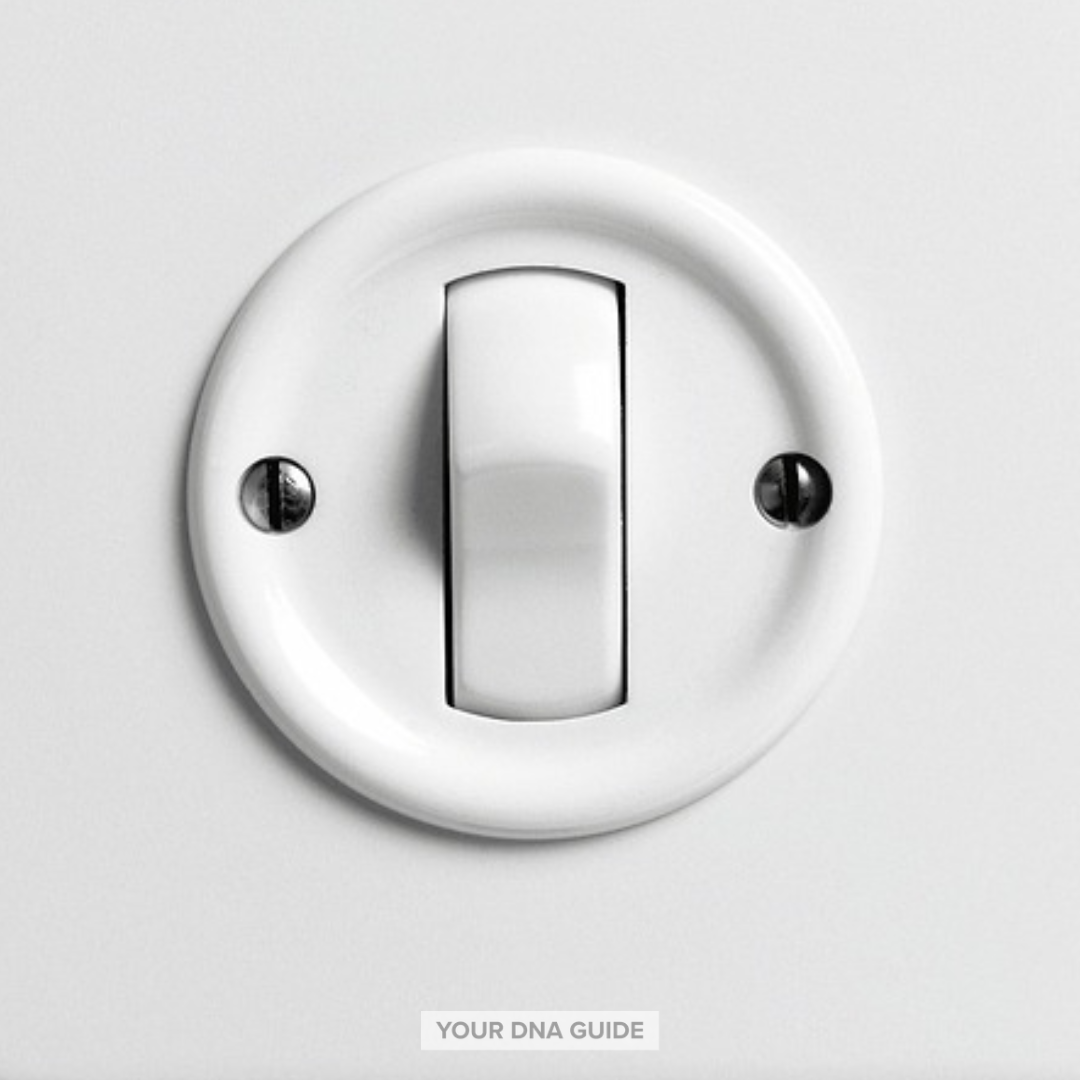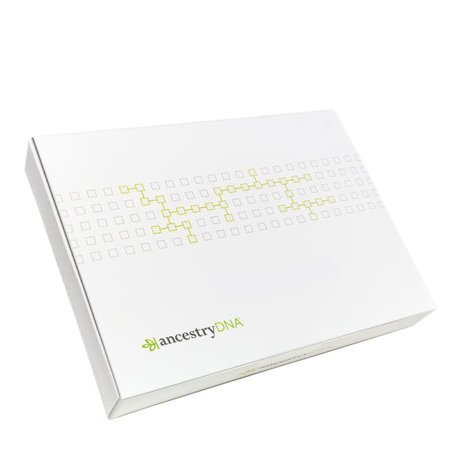AncestryDNA test takers can now opt out of matching. Here’s why that’s a good thing—and why I hope you can encourage others not to opt-out.
 Ancestry recently announced an update to their privacy policy. Current and future AncestryDNA users will now have the option to opt out of the DNA matching feature.
Ancestry recently announced an update to their privacy policy. Current and future AncestryDNA users will now have the option to opt out of the DNA matching feature.
Remember that you receive two different kinds of results from the DNA you submit to your testing company: information about your ancestral origins and a list of your DNA cousins. Opting out of matching essentially cuts this product in half. You only get the ancestral origin information, and you forfeit access to your list of genetic matches. Opting out doesn’t just mean you can’t see them; it means that they can’t see you either.
Ancestry joins testing company 23andMe, which does already provide this option to their clients. (Here’s how to opt-out at 23andMe.) You can look at this move as Ancestry’s response to an ever-expanding global audience, many of whom are not genealogists, or are reluctant to have their DNA compared to others for a variety of reasons. It is important for Ancestry as a company to provide options for their clients to experience their product in a way that works best for them.
 There has been quite a bit of push back to this announcement, especially from the adoption community. DNA testing has been a tremendous source of information for those seeking out their biological relatives, and many fear that this change will limit access to quality DNA matches. There is no doubt that we will all still be able to do good genetic genealogy work, even if we allow others to choose whether or not they participate in the matching feature.
There has been quite a bit of push back to this announcement, especially from the adoption community. DNA testing has been a tremendous source of information for those seeking out their biological relatives, and many fear that this change will limit access to quality DNA matches. There is no doubt that we will all still be able to do good genetic genealogy work, even if we allow others to choose whether or not they participate in the matching feature.
AncestryDNA: Why Opt Out?
To understand this better, it is important to see this issue from the other side, from the side of a person who might want to opt out. Here are two possible scenarios:
A: Susan would really like to explore her heritage, but she hasn’t tested before because she didn’t want to see cousin matches, for a variety of her own personal reasons. But now she does test, and opts-out. The community hasn’t lost anything because Susan never would have tested in the first place. But after exploring her ethnicity results and noticing membership in a couple of Genetic Communities, she begins to wonder more about her ancestors, and decides to opt-in to matching after all.
B: Ryan heard about AncestryDNA while watching TV one night last year and went ahead and ordered a kit. But then last week he heard about the ability to opt out, and went in and changed his account settings. So one day you could see Ryan on your match list, and the next you didn’t. We as a community, would certainly see that as a loss.
However, consider the circumstances that might have caused Ryan to hit that opt-out button (first of all, he will have needed to hear about it, and if he isn’t into genetic genealogy, that is unlikely). Perhaps Ryan had no idea how to use the match list, no interest in using it, and found it a bother to get correspondence from people. Perhaps Ryan found something unexpected, like that he wasn’t his father’s child, and he needed some time to deal with it. Maybe Ryan is under pressure from his sister, who didn’t want them to test in the first place. The short if it is: It doesn’t matter why Ryan opted out. It is his right to do so. Just as an adoptee has the right to seek out their heritage, others have the right to keep their family genetics private.
A third scenario creates an extra bonus for us as genetic genealogists. I have talked to so many non-genealogists who have tested who had no idea they even had a match list! So maybe Joe, who was only looking for the pretty map, notices when he registers his kit that there is this thing called a match list that can help connect him to relatives. Joe actually then goes looking for that match list when his results come in, excited about this entire other section of his test that can tell him about his heritage, that he might not otherwise have noticed.
Teach others why not to opt out
What we should be focusing on as a community is how make sure we are educating everyone we see about the value of the match list. Help your friends and family and coworkers see the power and the near-magical experience that comes from seeing someone you know on your match list. Of using a list of 4th cousins to discover information about your 3rd great grandfather. To have something like our shared familial connection quantified is extremely satisfying and provides a level of connectivity to these family members in a way that nothing else can.
Judy Russell, the Legal Genealogist, has comments about this new opt-out feature, too, and I encourage you to read them. It’s always good to hear multiple perspectives.
Learn more about your DNA

Your match list is one of the most powerful genetic genealogy tools. Learn more about how to navigate your match list and make the most of your test results with our AncestryDNA Tour. The AncestryDNA Tour includes over 90 minutes of video instruction divided into 16 different segments, and comes with a printable, interactive workbook, so you can apply what you learn to your very own tree. With the Tour, you’ll be an AncestryDNA pro in no time!
Tell me more about the AncestryDNA Tour!
Originally published November 2017 on genealogygems.com.

